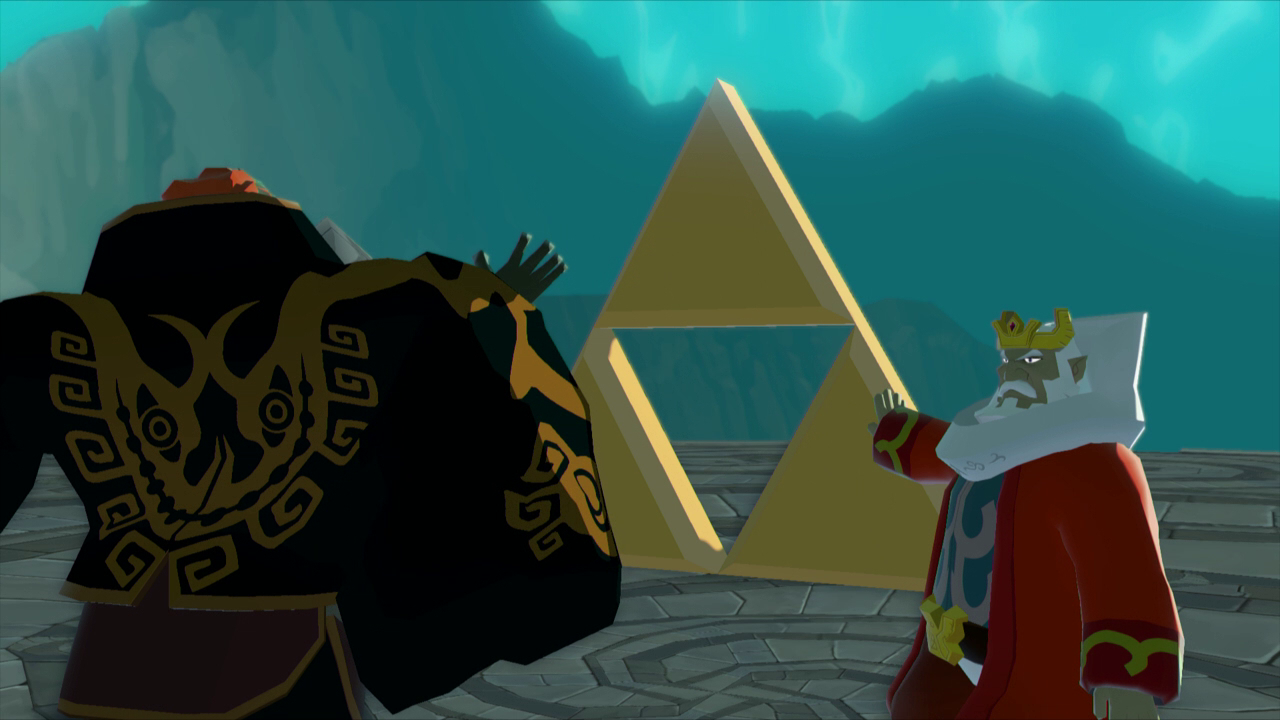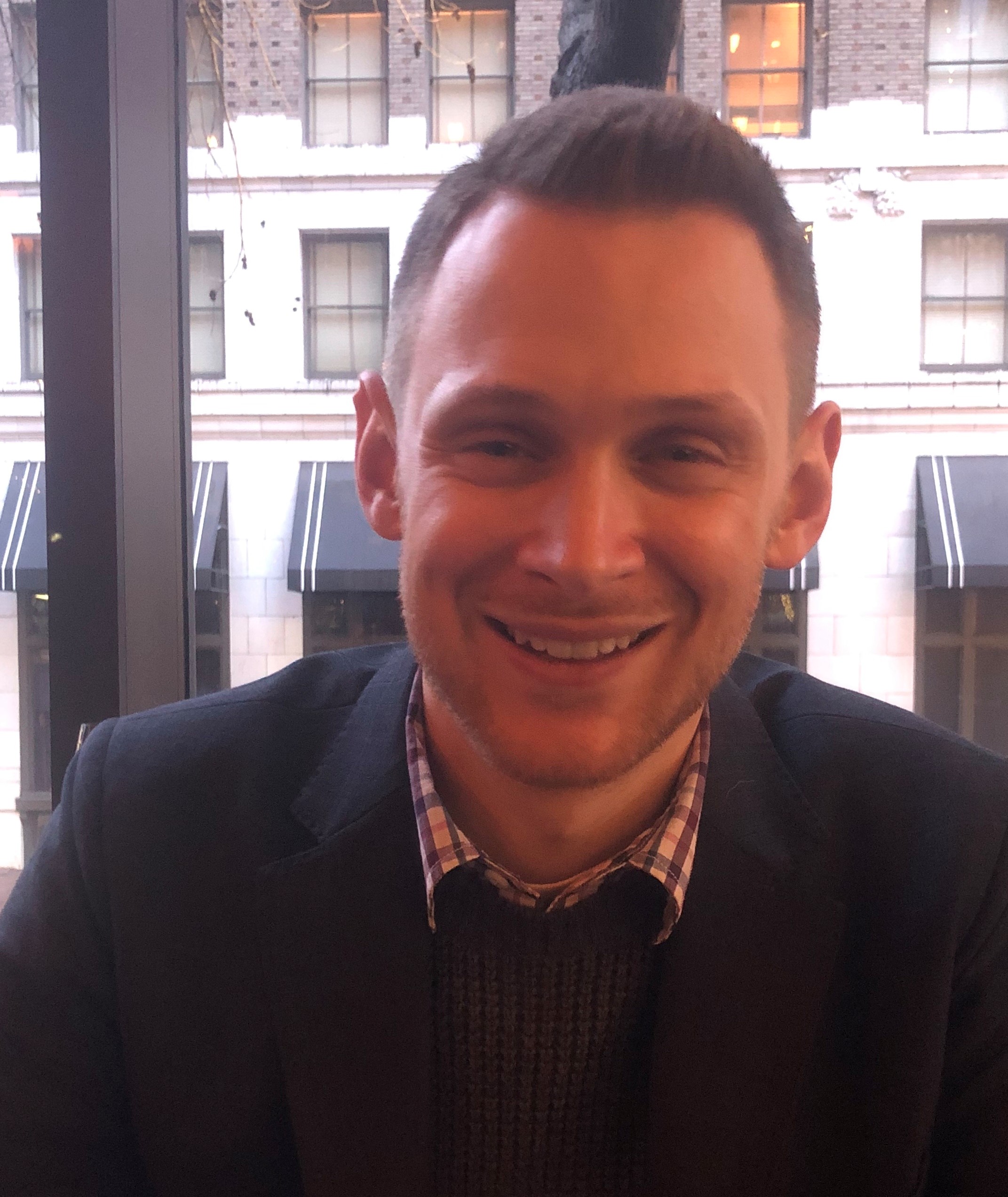A Link to the Present: Class Consciousness and the Need for Change in The Legend of Zelda
Posted on July 11 2020 by David Lasby

Can video games be considered high art? The question is increasingly relevant as technology has caught up to the dreams and desires of storytellers across the medium. While attempting to define art is fraught with problems and probably best left to philosophers in the field, at its core art should speak to us, should illuminate our humanity, or grant us catharsis. Video games hold the potential to do these at a level that may rival other mediums. Nathan Deardorff, writing for Forbes, explains:
“There is no other medium where the audience or person experiencing it empathizes with it so heavily that they use personal pronouns when describing what they experienced. They are not merely reactionary. No one reads a book or watches a movie and claims that they themselves harpooned Moby Dick or defeated the soviet boxer in Rocky IV. But when a player talks, they might say something like, ‘I unlocked the chest and found the treasure,’ or ‘I beat the boss, but the princess was in another castle, so I had to keep going.'”
What does this mean for beloved franchises like The Legend of Zelda? Certainly the series has inspired generations of gamers, brought joy, and granted relief through escapism. Is it possible for the Zelda series to achieve beyond this, perhaps even to be considered high art? I believe so.
One such pathway for the franchise is to deal with the issue of social class. It is an issue that the series has briefly entertained among its anthology of titles, but never embraced in a way that transcends the game, that holds a mirror to our nature. As we’ll see in a moment, The Wind Waker comes closest of any in the Zelda series to giving us a working-class hero and an antagonist with motives rooted firmly in the politics of inequality.
Before continuing, it’s important that we define what is meant by the form of discrimination based upon social class, which theorists call classism. Lois Tyson, literary critic and professor at Grand Valley State University, defines classism as “…an ideology that equates one’s value as a human being with the social class to which one belongs: the higher one’s social class, the better one is assumed to be because quality is ‘in the blood,’ that is inborn.” What does this have to do with The Legend of Zelda? As it turns out, everything.
In the eternal cycle born from the Curse of Demise, “the quality is in the blood,” as both the incarnation of the Goddess and the spirit of the Hero manifest in those of worthy bloodlines. Link typically comes from a family line of knights; Zelda is quite literally a princess. While these tropes provide a fantasy escape from the mundane and anesthetizing real world we occupy, they perhaps do little to nourish us, fail to improve humanity on a global and individual level. One may call it art, but likely not high art.
The Legend of Zelda: The Wind Waker offers a glimpse of what’s possible when issues of class and inequality season the lore. Unlike other Heroes, the Link in this iteration of the legend is simply a boy, untouched by destiny, born without the promise of a family name. Indeed, this Link is only swept up in the grand adventure because he loves his sister Aryll and wants to rescue her. It is in his actions, not his blood, that he becomes the Hero of Winds, and only after the King of Red Lions is convinced he is worthy. The Gods are essentially forced to recognize his status.
Far more interesting than the origin of Link in The Wind Waker is the fresh development of Ganondorf. Rather than a bloodthirsty tyrant, driven by avarice and a need for power, we find an antagonist deeply human. Ganondorf’s assault upon the world, which began long ago, grew from the suffering of his own people, set against the backdrop of Hyrule’s affluence. In his final moments, he explains:
“My country lay within a vast desert. When the sun rose into the sky, a burning wind punished my lands, searing the world. And when the moon climbed into the dark of night, a frigid gale pierced our homes. No matter when it came, the wind carried the same thing… Death. But the winds that blew across the green fields of Hyrule brought something other than suffering and ruin. I coveted that wind, I suppose.”
Ganondorf’s actions, however evil, were born from a desire to end suffering, to quiet the pain of his people. By producing an adversary we can’t completely hate, one for which we must feel some empathy or deny our own humanity, The Wind Waker begins to approach what’s possible in the Zelda series.
Today the world is suffering more than any time in recent memory. COVID-19 has exacerbated the tensions already pulling societies apart. Economic inequality already reached record gaps even before the pandemic. Millennials and Generation Z held a deep skepticism of institutions long before the current crises, which has produced astonishing failings at the highest levels of power.
The time has come to produce a Zelda game that reckons with these very issues facing humanity. For that we may again look to Ganondorf for what is possible. Scoffing at the naiveté of Link, he exclaims:
“What did the King of Hyrule say?… That the gods sealed Hyrule away? How ridiculous… So many pathetic creatures, scattered across a handful of islands, drifting on this sea like fallen leaves on a forgotten pool… Don’t you see? All of you… Your gods destroyed you!”
This willingness to speak a painful truth, to question the decisions of those with governing power is so very close to the zeitgeist of our era.
It is time for a Zelda game that evolves past bloodlines and sacred institutions and embraces the skepticism and class-consciousness of this moment. Yes, that will sound very different than the tenor of previous installments, but it’s not without precedent. As observed by Melissa Huntly and Wind Goodfriend in their essay The Legend Herself: From Damsel in Distress to Princess of Power, “Princess Zelda, who made her first appearance in the late eighties and continues to be a flagship character…has changed over the decades to reflect evolving perceptions of gender.” Legends grow and characters develop to reflect the changing attitudes of society.
We’ve celebrated the heroes of old, born to noble houses, chosen for us by the gods; we’ve faced villains spawned of pure darkness. These archetypes have given us comfort in a world that fit into the narrow categories of good and evil. The growing crisis of our time requires a new kind of hero, a transcendent storytelling. This threat also provides opportunity. Now is the moment to give us a Zelda game worthy to be called high art.
David Lasby is a staff writer at Zelda Dungeon. His favorite Zelda games are Breath of the Wild and A Link to the Past. You can find him on Twitter to talk all things Nintendo, sci-fi / fantasy, and creative writing.

I’m a life-long fan of video games and have been playing since I got my NES in the 1980s. The Legend of Zelda, Super Smash Bros., Aliens, and Halo are some of my favorite game franchises. I write for several sites, including Zelda Dungeon, Boss Rush Network, and The Mighty. Find me on Twitter to check out my other content!



